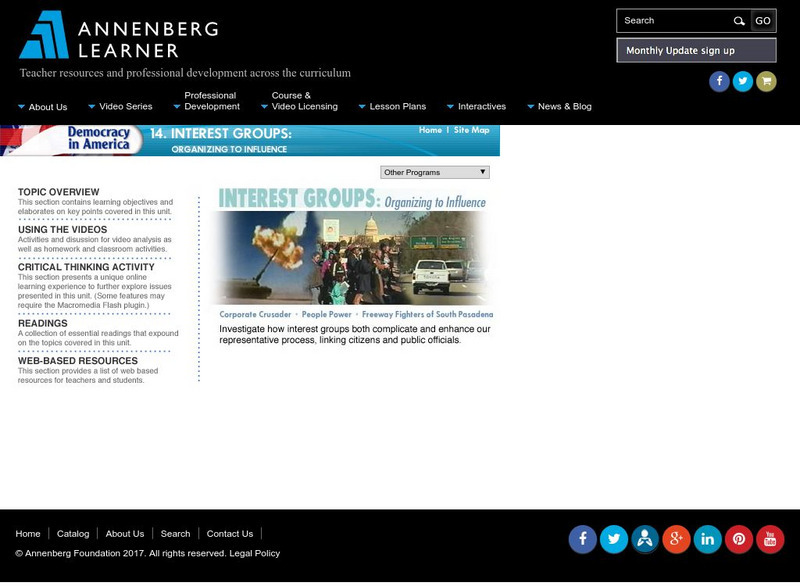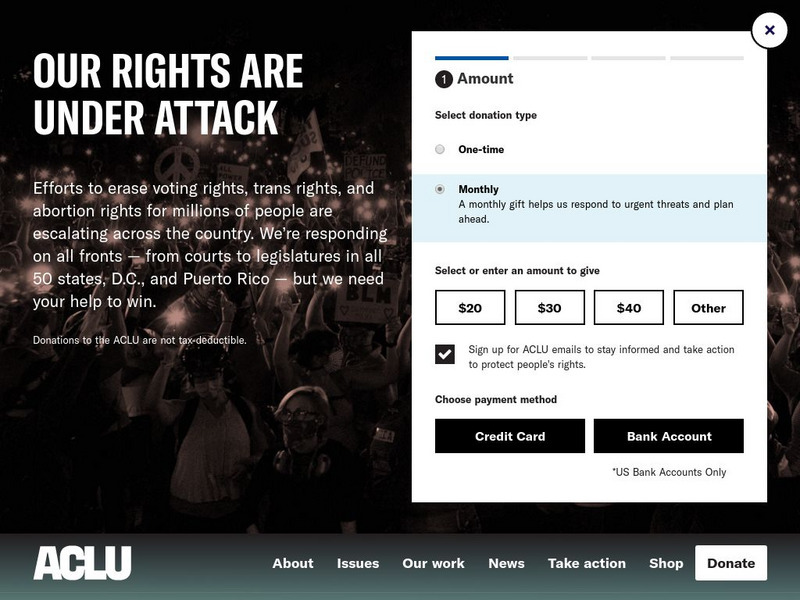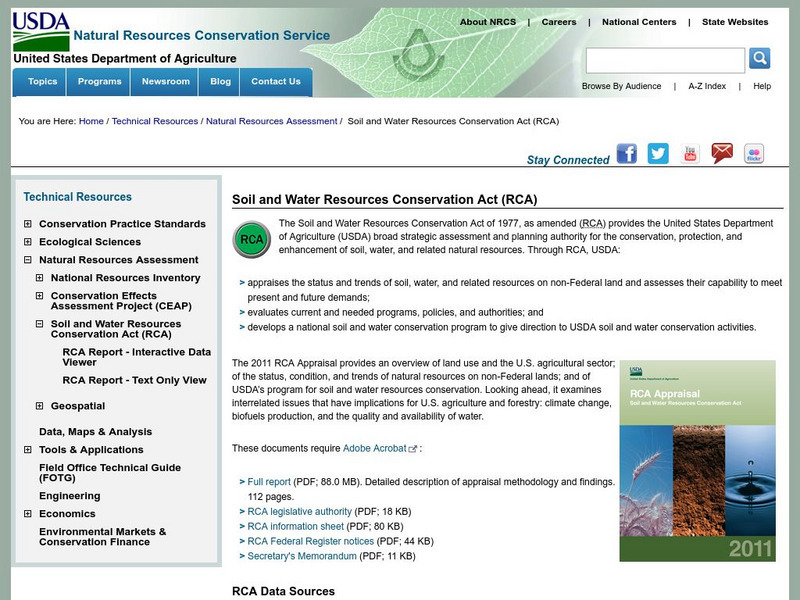Hi, what do you want to do?
Curated OER
Research Project
Students research a given topic and organize information in order to write a report or make an oral presentation. They design and create a visual aid (poster, model, PowerPoint, etc) to help clarify the concepts of their...
Curated OER
Enigmas
Learners research "mystery" topics such as Easter Island, Bermuda Triangle and the Loch Ness Monster. Students brainstorm mysteries and explore the one of their choosing. They write a short report and share what they have learned with...
Curated OER
Petrology in the Field and Laboratory
Students collect samples in the field, analyze them using various tools and instruments, then present their results and interpretations. They examine igneous and metamorphic rocks in detail and interpret petrologic data.
Curated OER
American Presidents and Race Relations
Students discuss the policies of race relations of five presidents. They analyze primary documents to comprehend the various views and actions of five Presidents in regards to race relations. Students evaluate the influence of...
Annenberg Foundation
Annenberg Learner: Democracy in Amer: Interest Groups: Organizing to Influence
This unit probes into the role political interest groups plays in both complicating and influencing public policy making in America. Offers video, readings, web resources, and activities.
Annenberg Foundation
Annenberg Learner: Interest Group Recap
There are special interest groups for many purposes, and you likely belong to one without even knowing it. Find out which groups might be of interest to you.
iCivics
I Civics: Interest Groups
students will learn how people form interest groups, and how they influence the government. This lesson uses the battle over school lunch ingredients to illustrate how interest groups and lobbying affect public policy.
University of Groningen
American History: Outlines: Citizens' Groups and Lobbies
Overview of the role of political action committees (PAC), interest groups, and lobbies in the forming of public agenda and political processes.
Annenberg Foundation
Annenberg Learner: Public Opinion: Voice of the People
Examine public opinion and the various means in which to collect it as well as how the government uses the opinions collected. This resource offers video, readings, web resources, and activities.
Alabama Learning Exchange
Alex: Will You Join a Special Interest Group?
Students will create a brochure aimed at recruiting members of a special interest group. After selecting a group to research from a list that is attached, students will use the Internet to research the group, identify the primary...
Other
Acm: Association for Computing Machinery
This is the site of the first society of computing and features a digital library, workshops, conferences, publications and special interest groups (SIGs).
Massachusetts Institute of Technology
Mit: Open Course Ware: Public Opinion and American Democracy
Illustrate the significance of public opinion during political events by utilizing these reading resources.
Other
Public Citizen
This is the homepage of "Public Citizen", an online source for information on consumer and other public interest issues. The site contains numerous links to related topics.
Council for Economic Education
Econ Ed Link: Professinoal Sports: If You Build It, Will They Come?
Special interest groups are able to have a substantial impact on the political system. Such groups can provide valuable services to individuals and to elected officials. They also can generate substantial benefits to a small minority.
Tom Richey
Tom Richey: Ap u.s. Government and Politics: Campaigns and Elections
Tom Richey's course module offers AP U.S. Government curriculum unit materias, lecture notes, video and PowerPoint presentation on Campaigns and Elections from which students learn about political beliefs and behaviors as well as...
Other
National Council for the Social Studies: Selecting Supreme Court Justices
A panel discusses the questions of whether the Senate or President hold more power in selecting Supreme Court Justices, the impact of interest groups on the process, and whether changes need to be made to the confirmation process. Along...
iCivics
I Civics: Media and Influence
In this library of mini-lessons, students will learn about sources of influence on our society and our government such as the media and special interest groups.
American Chemical Society
American Chemical Society: Hompage
ChemCenter, available from the American Chemical Society, provides chemistry news, reference sources and other public services.
Tom Richey
Tom Richey: Power Point: Linkage Institutions: u.s. Government
Tom Richey presents information on the political process and elections in the U.S. with specifics about how special interest groups and the media influence the political process.
Other
Aclu: American Civil Liberties Union
Official home of the American Civil Liberties Union (ACLU). Learn about American news, what's going on with the Supreme Court and new legislation, and more at this online interest group.
US Department of Agriculture
Nrcs: Soil and Water Resources Conservation Act (Rca)
Provides background to the Soil and Water Resources Conservation Act of 1977 and its later amendments. Describes how input was gathered from various public interest groups. The full report, an information sheet, summaries of meetings,...
Council for Economic Education
Econ Ed Link: Satisfaction Please! (Part 3)
Even the savviest consumer has a problem with a good or service on occasion. It is a consumer's right to complain when there is a genuine problem. In some situations, it is also a consumer's responsibility. A problem can't be fixed if no...
Council for Economic Education
Econ Ed Link: Satisfaction Please! (Part 2)
Even the savviest consumer has a problem with a good or service on occasion. It is a consumer's right to complain when there is a genuine problem. In some situations, it is also a consumer's responsibility. A problem can't be fixed if no...
























